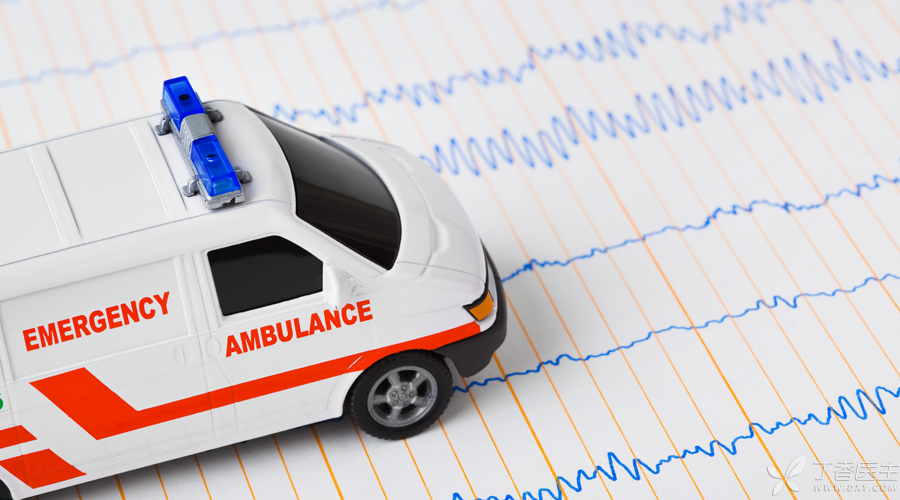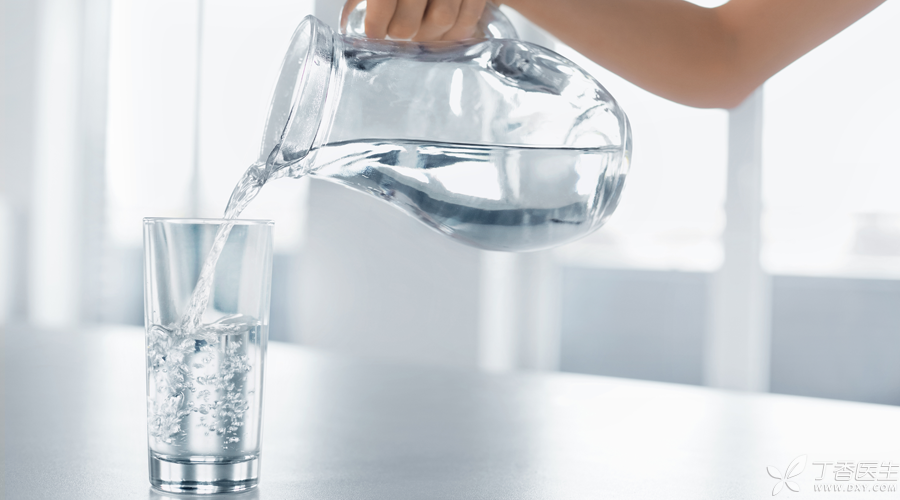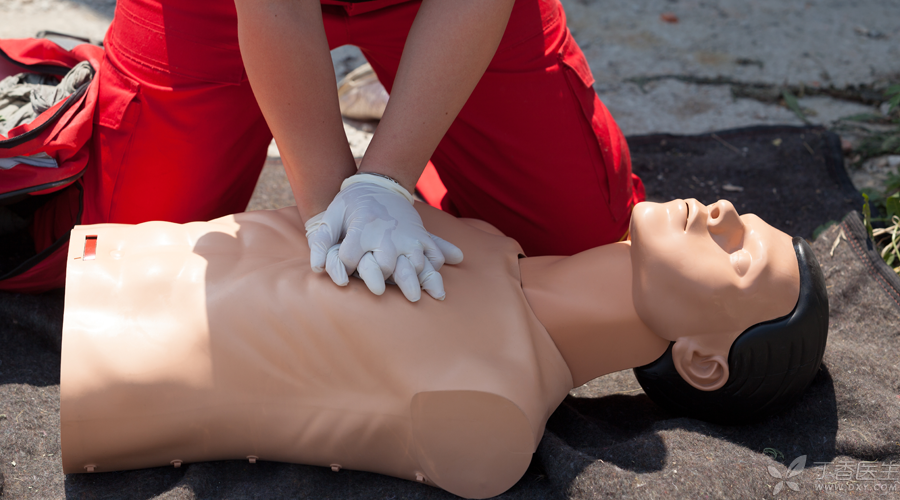
There are data showing:
About 50 ~ 70% of the deaths from acute myocardial infarction are due to failure to receive timely and correct rescue before arriving at the hospital.
Acute myocardial infarction is a very common acute and critical illness, and its death mostly occurs within the first hour of onset. However, many people listen to some wrong first aid methods, which not only cannot save lives, but also may kill lives.
First [Don’t]: Go to the hospital alone
This is probably the wrong method that we are most likely to ignore.
It is right to go to the hospital when you are ill, but it is really a dangerous thing to go to the hospital alone when you are suspected of myocardial infarction.
First, on the way to the hospital, I registered myself for examination. These processes are quite troublesome and may aggravate the deterioration of myocardial infarction.
Second, if no one is with you, once cardiac and respiratory arrest occurs, you are likely to miss the best rescue opportunity.
When you are suspected of myocardial infarction symptoms, you must not go to the hospital alone. In this case, all kinds of minor activities will increase the heart burden. Maybe you will be fine one second before and fall down the next.
Second [No]: Drink some water

Legend:
Once myocardial infarction occurs, immediately help the patient to drink some water, which can reduce blood viscosity and prevent myocardial infarction.
This practice is not good for an acute myocardial infarction patient with normal vital signs. However, for a patient who has suffered from shock or even cardiac and respiratory arrest, it will not only fail to rescue him, but will also kill him.
In this case, if the patient is not conscious, drinking water will easily lead to aspiration and aspiration pneumonia, which will undoubtedly add to the misery of patients with acute myocardial infarction.
In addition, if myocardial infarction patients drink too much water at one time, the water will quickly enter the blood, making the blood thinner and the blood volume increased.
An unsound heart is really hard to bear such a burden. On the contrary, patients will suffer from chest tightness, shortness of breath and other symptoms.
Third [Don’t]: Nitroglycerin
Nitroglycerin is a familiar drug for angina pectoris, but patients with acute myocardial infarction should take it carefully.
This drug can directly dilate blood vessels throughout the body, thus lowering blood pressure.
Therefore, for people suspected of acute myocardial infarction, if the blood pressure is low, taking nitroglycerin becomes a major taboo, which will lead to further reduction of blood pressure and increase the risk of shock.
Even if the blood pressure is normal, you should lie down when taking nitroglycerin to prevent postural hypotension and dizziness.
Number 4 [No]: Cardiopulmonary Resuscitation

Legend:
Once myocardial infarction occurs, cardiopulmonary resuscitation should be carried out immediately.
Cardiopulmonary resuscitation is not necessarily useless, but the situation must be judged first.
This first aid method is suitable for patients with cardiac and respiratory arrest, while not all patients with acute myocardial infarction have no breathing and heartbeat.
For people without cardiac and respiratory arrest, cardiopulmonary resuscitation will increase the risk of ventricular tachycardia and ventricular fibrillation.
It is necessary to judge whether the patient’s consciousness is clear, whether the aortic pulsation has disappeared, whether breathing has disappeared, etc. before deciding whether to carry out cardiopulmonary resuscitation.
Once the patient has cardiac and respiratory arrest, cardiopulmonary resuscitation shall be carried out immediately until the medical staff arrive.
So, once acute myocardial infarction is suspected, what what should patients and their families do?
First [to]: Stop all activities
Suspected myocardial infarction, must stop all activities in the first place, immediately rest on the spot, avoid all interference, keep the environment quiet.
At this time, everyone is very worried. I really understand it, but I really don’t recommend rushing to the hospital in a hurry. I must keep calm.
Second [to]: Dial 120 now
At the same time, immediately call the emergency number and wait for the arrival of medical personnel.
In the process of waiting, closely observe the changes of the disease condition and various vital signs of the patient, such as blood pressure, heart rate, respiration, etc., to help doctors understand the situation and assist in medication.
Third [Essentials]: Keep breathing unobstructed and can inhale oxygen if conditions permit.
After stopping activities, efforts should be made to keep respiratory tract unobstructed.
If conditions permit, oxygen can be inhaled immediately, which can rapidly improve myocardial hypoxia and control or reduce infarct area.
If the patient is already in a coma, remember to tilt the patient’s head to the side, remove secretions from the mouth and nose in time, keep the respiratory tract unobstructed, and carry out artificial assisted breathing when necessary.
Fourth [Essentials]: Soothe Your Mood
Nervous, no help to rescue.
First of all, the family members themselves should not panic too much and should not let their negative emotions affect the patients so as not to aggravate the illness. Accompany the patients and wait for the arrival of rescue personnel. They will come.
Choosing the right rescue method is really saving lives.
